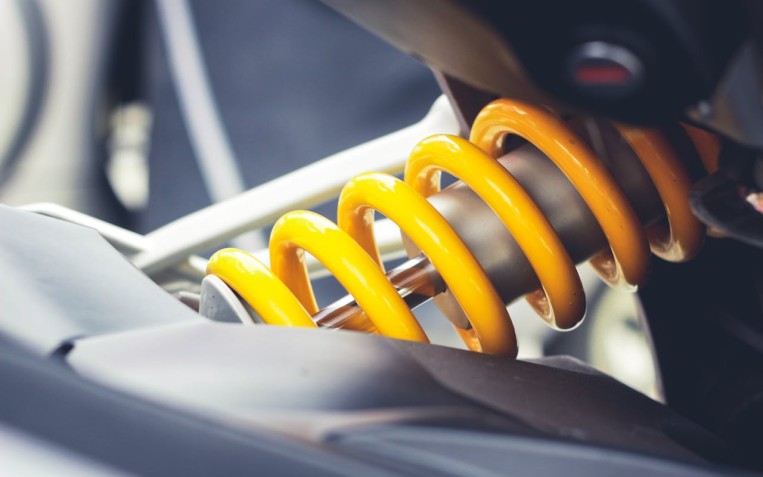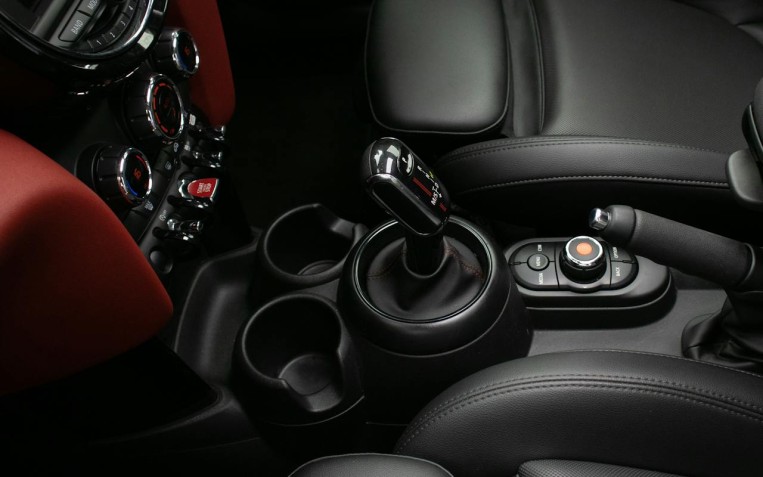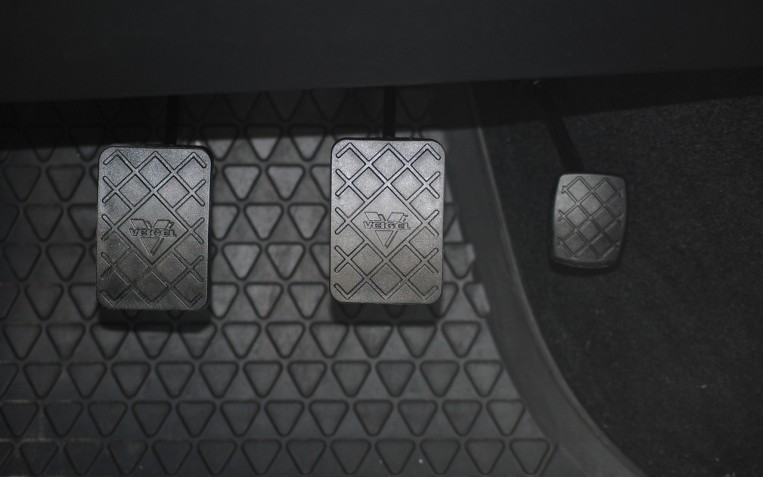Are Electric cars or Petrol cars more reliable?

When choosing to purchase a new car, many drivers are faced with the dilemma of choosing a car with a traditional combustible engine, like a petrol or diesel car or an Electric or Hybrid car.
When choosing a new car one of the main factors to consider is reliability. And while it might be difficult to make a definitive answer about which is more reliable, this guide will explain some of the main things to look out for when choosing an electric or petrol car.
Petrol Vs Electrical Car
When comparing petrol vs electric cars, there are a number of considerations to factor in. However, the choice between a petrol or electric car will depend on your personal preferences. Some of the key deciding factors include.
Cost of EVs Vs Petrol cars
While generally, Electric Vehicles have a higher upfront cost than their petrol-engine counterparts, EVs are much cheaper to run when you compare the cost of charging your car to the cost of petrol.
The average cost of running a 100% electric vehicle is just 11p per mile, whereas petrol cars cost between 14-19p per mile. The cost of charging your EV will depend on whether you charge your car at home, at a free EV charging point, at one that you pay to use or at a rapid charging point. Whereas the cost of running your petrol car will depend on the size of your engine.
Driving Range Vs Mileage
One of the most common reasons for choosing a petrol car over an EV is due to the mileage. When the first EV cars came on the market, you could only get about 80 miles of mileage on a full battery before it needed recharging. However, in the last 10 years, EV mileage has improved massively with the Tesla Model S Long Range able to last up to 405 miles on a single charge.
On the other hand, a full tank of petrol typically lasts between 300 to 400 miles. There are other factors that can affect your fuel efficiency. For example, your wheel alignment impacts your fuel consumption because when your vehicle’s wheel alignment is out of place, it has to work harder when steering. Also, if your tyres are underinflated, it can cause your vehicle to use more fuel, this is because your vehicle will have increased resistance and will need to use more energy to move.
Petrol Vs Electrical Car Performance
While the performance of petrol vs electric vehicles performance depends largely on the specific make and model. The general feel and performance of driving an electric performance will differ largely from their petrol counterparts. For example, electric vehicles can typically accelerate much quicker than petrol cars, this is because of their instant torque delivery. In addition to this, electric vehicles are virtually silent compared to the noise of a combustion engine. Another benefit where electric cars come out on top is in the handling of the vehicle, this is because the battery placement gives them a lower centre of gravity.
Maintenance of EV vs Petrol Cars
Electric vehicles have fewer moving parts than combustible engines so in theory they should be easier to maintain. However, studies by consumer advice organisation Which? found that 31% of EV owners had a fault in their cars in 2021 compared to just 19% of petrol owners. However, it’s important to remember that the faults generally tend to be with software rather than mechanical faults.
Drive a petrol car?
If you drive a petrol car, you can rely on PTA Garage Services for all of your autocare needs. Here, at PTA Garages we provide a range of services from MOTs, tyres, batteries and other services including diagnostics and wheel alignment. Find your nearest centre today!
Related Content

Should I have soft or stiff suspension springs for my vehicle?
Suspension springs are essential for maintaining your vehicle’s stability and ride height. Over time, the springs will succumb to wear and tear, which affects how your car handles, brakes and accelerates on the road. Discover whether you should...

What is engine braking?
Engine braking involves taking your foot off the accelerator pedal, allowing your car to slow down. Over time, the parts on your vehicle’s braki...

A guide to the different types of car clutches
The clutch is responsible for channelling the power from the engine, through to the gearbox, and the wheels. Your vehicle's clutch will differ dependi...

